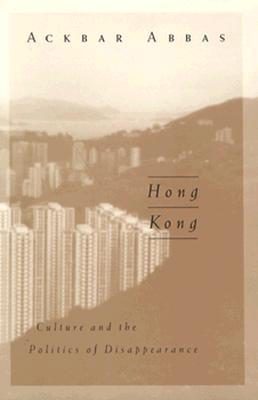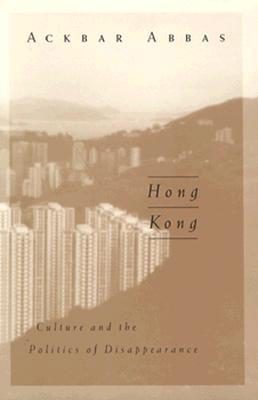Reading Response: Michel De Certeau AND Nezar AlSayyad
The two article address how “voyeur” and “flaneur” applied in movie. The first article uses the movie” Rear Window” in 1954 to explain. Watching people watching people’s life is the idea of being seen, and that’s the lens of a movie. We have discussion is class whether in nowadays for example reality TV shows match the idea of “ being seen”? and how is the security of our life being affected. For the second article, we also discussed by “ Walking in the city”, we experienced stories by reading to people and seeing things. Thats the concept of different perspective
Continue readingReading Response: Michel De Certeau AND Nezar AlSayyad

